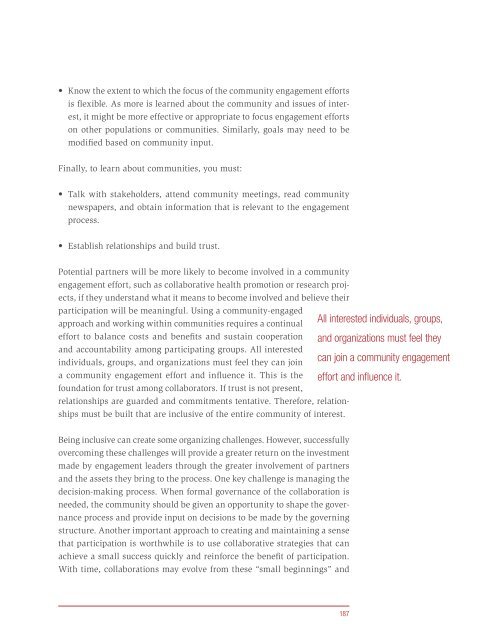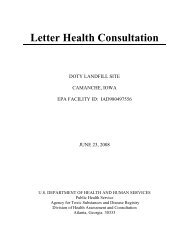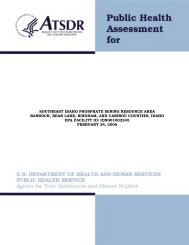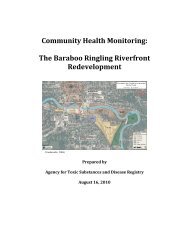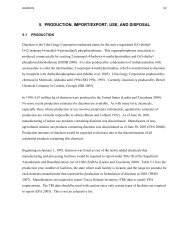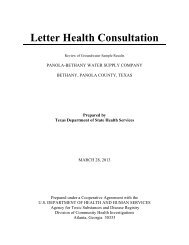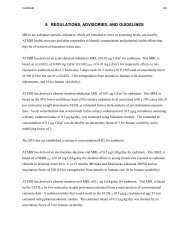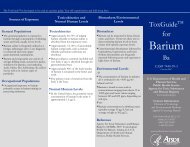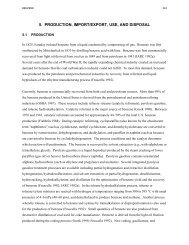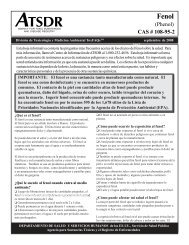Principles of Community Engagement (Second Edition)
Principles of Community Engagement (Second Edition)
Principles of Community Engagement (Second Edition)
You also want an ePaper? Increase the reach of your titles
YUMPU automatically turns print PDFs into web optimized ePapers that Google loves.
• Know the extent to which the focus <strong>of</strong> the community engagement efforts<br />
is flexible As more is learned about the community and issues <strong>of</strong> inter-<br />
est, it might be more effective or appropriate to focus engagement efforts<br />
on other populations or communities Similarly, goals may need to be<br />
modified based on community input<br />
Finally, to learn about communities, you must:<br />
• Talk with stakeholders, attend community meetings, read community<br />
newspapers, and obtain information that is relevant to the engagement<br />
process<br />
• Establish relationships and build trust.<br />
Potential partners will be more likely to become involved in a community<br />
engagement effort, such as collaborative health promotion or research projects,<br />
if they understand what it means to become involved and believe their<br />
participation will be meaningful Using a community-engaged<br />
approach and working within communities requires a continual<br />
effort to balance costs and benefits and sustain cooperation<br />
and accountability among participating groups All interested<br />
individuals, groups, and organizations must feel they can join<br />
a community engagement effort and influence it This is the<br />
foundation for trust among collaborators If trust is not present,<br />
relationships are guarded and commitments tentative Therefore, relationships<br />
must be built that are inclusive <strong>of</strong> the entire community <strong>of</strong> interest<br />
Being inclusive can create some organizing challenges However, successfully<br />
overcoming these challenges will provide a greater return on the investment<br />
made by engagement leaders through the greater involvement <strong>of</strong> partners<br />
and the assets they bring to the process One key challenge is managing the<br />
decision-making process When formal governance <strong>of</strong> the collaboration is<br />
needed, the community should be given an opportunity to shape the governance<br />
process and provide input on decisions to be made by the governing<br />
structure Another important approach to creating and maintaining a sense<br />
that participation is worthwhile is to use collaborative strategies that can<br />
achieve a small success quickly and reinforce the benefit <strong>of</strong> participation<br />
With time, collaborations may evolve from these “small beginnings” and<br />
All interested individuals, groups,<br />
and organizations must feel they<br />
can join a community engagement<br />
effort and influence it.<br />
187


